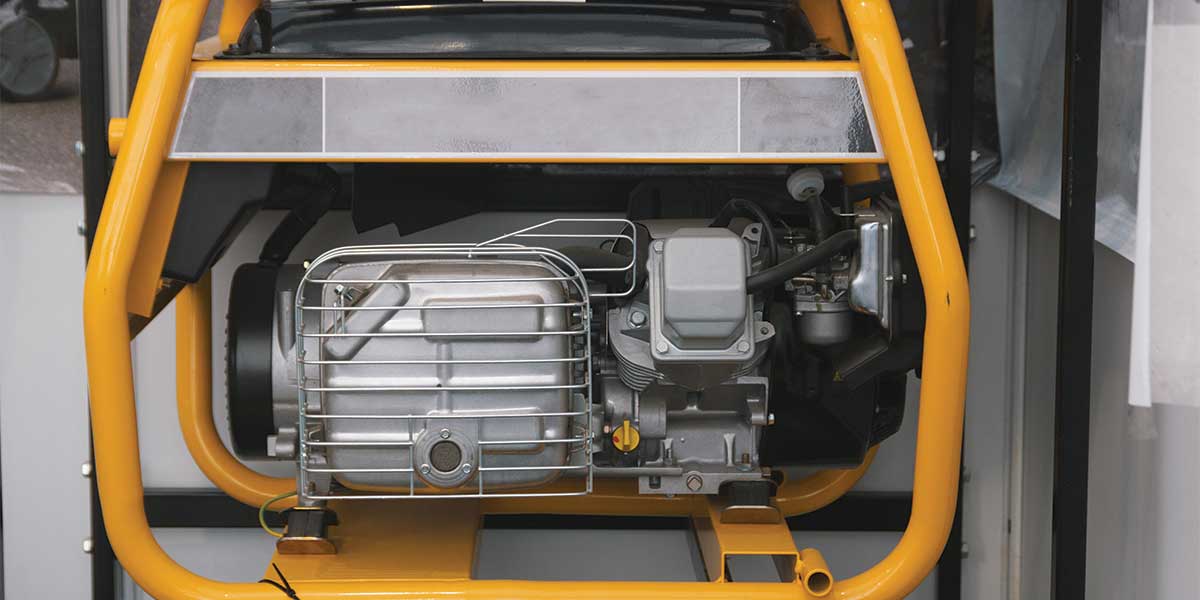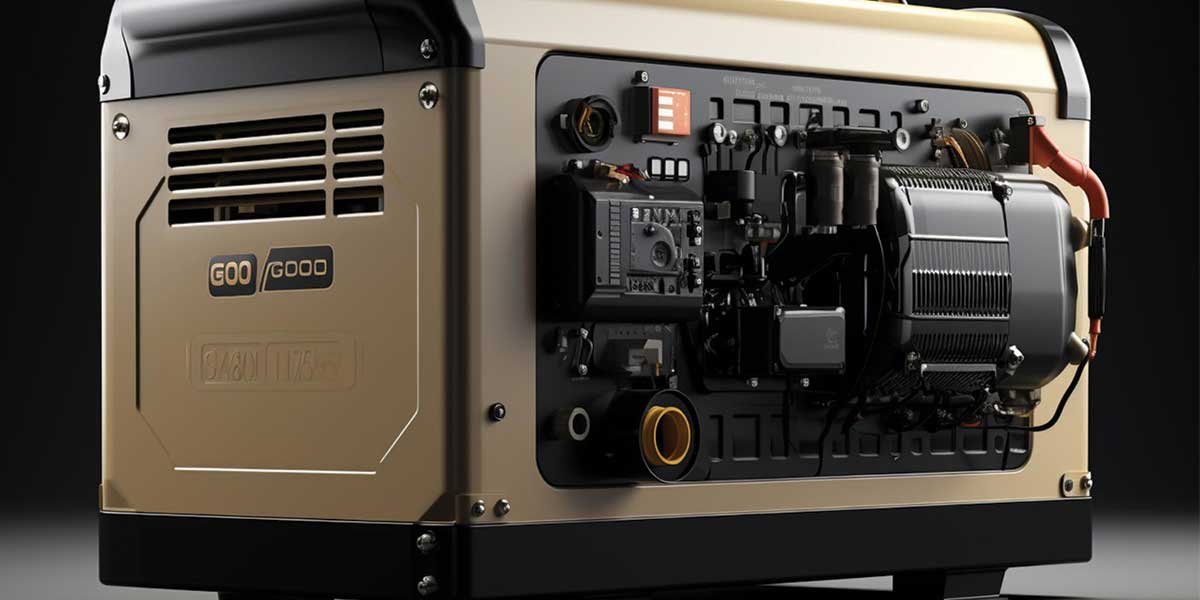Power outages can be stressful, inconvenient, and even dangerous—especially during the cold, wet winters of British Columbia’s Lower Mainland. At Expert Electric, we know firsthand how disruptive blackouts can be, leaving families without heat, businesses unable to operate, and essential systems offline for hours or even days. That’s where standby generators come in.
Unlike flashlights or candles that only provide temporary light, standby generators keep your home or business running with reliable, uninterrupted backup power. Our licensed electricians have installed standby generators across Vancouver and the Lower Mainland for years, helping homeowners and businesses stay prepared for unexpected outages.
In this guide, we’ll cover everything you need to know about standby generators, what they are, how they work, their benefits, how to choose the right model, and tips for maintenance. For more technical details on energy efficiency and generator safety, you can also visit Natural Resources Canada.
What is a Standby Generator?
A standby generator is a permanent backup power solution designed to provide electricity when the grid goes down. Unlike portable generators, which require manual setup and fuel handling, standby generators are installed outside your home or business and connect directly to your electrical panel.
These generators typically run on natural gas, liquid propane, or diesel, giving them the capacity to provide continuous power for hours or even days, without interruption. With an automatic transfer switch, the generator detects when power is lost and kicks in within seconds. When utility power is restored, the system safely shuts down and reconnects you to the grid.
This seamless transition makes standby generators especially valuable for:
-
Families with children or elderly members.
-
Businesses that rely on refrigeration or computer systems.
-
Facilities with essential medical equipment.
Additionally, the transfer switch prevents “back-feeding,” a dangerous situation where electricity could flow back into the grid and harm utility workers.
Benefits of Standby Generators for Businesses
For businesses, downtime isn’t just inconvenient, it’s expensive. A power outage can disrupt operations, frustrate customers, and lead to financial losses. Consider these examples:
-
Retail stores risk losing revenue if point-of-sale systems and lighting go down.
-
Offices cannot function without powered computers, Wi-Fi, and phone systems.
-
Restaurants and grocery stores face spoiled food without refrigeration.
-
Gas stations cannot pump fuel during blackouts.
In the Lower Mainland, where storms and grid disruptions are common, a standby generator ensures continuity and protects your bottom line. Businesses with backup power maintain customer trust, protect assets, and avoid costly shutdowns.
Benefits of Standby Generators for Homes
Most modern households rely heavily on electricity for heating, cooking, communication, and entertainment. Losing power isn’t just uncomfortable, it can be unsafe. Here are some key benefits for homeowners:
-
Comfort and Safety: Maintain heat, lighting, and hot water during outages.
-
Food Protection: Prevent costly spoilage of food stored in refrigerators and freezers.
-
Medical Security: Keep essential equipment, such as oxygen machines, running without interruption.
-
Peace of Mind: No need to fumble with candles, flashlights, or unreliable portable units.
Homes with seniors, infants, or individuals with medical needs benefit the most from the consistent reliability of standby generators.
Choosing the Right Type of Standby Generator
Not all standby generators are created equal. Choosing the right one depends on your specific needs.
Step 1: Identify Critical Loads
Ask yourself: What do I absolutely need to keep running during an outage?
For homes, typical essentials include:
-
Furnace fan and heating system.
-
Refrigerator and freezer.
-
A few outlets for phone chargers and emergency devices.
-
Lighting for key rooms.
-
Water pumps in rural homes.
For businesses, critical loads could include point-of-sale systems, refrigeration, security systems, or computer servers.
Step 2: Match Generator Size to Needs
Standby generators range from smaller units that power only a few circuits to large systems that power an entire property. The right size depends on:
-
The number of systems you need to run.
-
The electrical load required for each system.
-
Whether you want full coverage or partial backup.
Working with a licensed electrician from Expert Electric ensures you get the right generator size and setup for your needs.
Standby Generator Installations
Unlike portable units that anyone can plug in, standby generators require professional installation. Our electricians ensure:
-
Safe connection to your electrical panel.
-
Proper integration with the automatic transfer switch.
-
Compliance with local building and electrical codes.
-
Reliable startup when you need it most.
Improper installation can be dangerous, potentially causing fires, electrocution, or damage to your home and appliances. Trusting professionals like Expert Electric ensures safety and long-term performance.

Maintaining Your Home Standby Generator
A standby generator is a long-term investment that requires care. With proper maintenance, these machines can last decades and reliably protect your home during countless outages. Here are some key maintenance practices:
-
Check oil levels regularly, especially during extended use.
-
Run the generator at no more than 75% capacity to prevent strain.
-
Replace motor brushes if they become worn or deformed.
-
Avoid load switching when starting or stopping the unit.
-
Schedule professional inspections annually to ensure all systems are in working order.
Routine maintenance ensures that your standby generator will be ready when the next storm or outage hits.
Frequently Asked Questions About Standby Generators
1. How long can a standby generator run continuously?
Most standby generators can run for several days, depending on fuel type and capacity. Natural gas systems can run almost indefinitely as long as the utility gas supply remains intact.
2. Do standby generators increase home value?
Yes! Homes with standby generators often see an increase in resale value, as buyers appreciate the peace of mind of having backup power.
3. How much do standby generators cost?
The cost varies based on size and installation complexity. On average, homeowners can expect to invest $6,000–$12,000, including installation. Businesses may need larger, more powerful units that cost more.
4. What is the lifespan of a standby generator?
With proper maintenance, standby generators typically last 20–30 years or more, making them a long-term investment in safety and reliability.
5. Can I install a standby generator myself?
No. Because these systems connect directly to your home’s electrical panel, a licensed electrician is required to safely and legally complete the installation.
Final Thought
At Expert Electric, we believe in helping homeowners and businesses across the Lower Mainland prepare for the unexpected. A standby generator isn’t just a convenience, it’s a safeguard against costly disruptions, spoiled food, and unsafe living conditions.
Whether you want partial coverage for essential systems or a whole-property solution, our licensed electricians can design and install the perfect generator setup for your needs. Don’t wait until the next outage leaves you in the dark, get reliable backup power today.
Contact Expert Electric
Ready to install or service a standby generator? Our experienced team is here to help.
📞 Call us: 604-681-8338
📧 Email us: info@expertelectric.ca
Your home or business deserves the security of reliable backup power. Trust Expert Electric for professional standby generator installation and maintenance.


